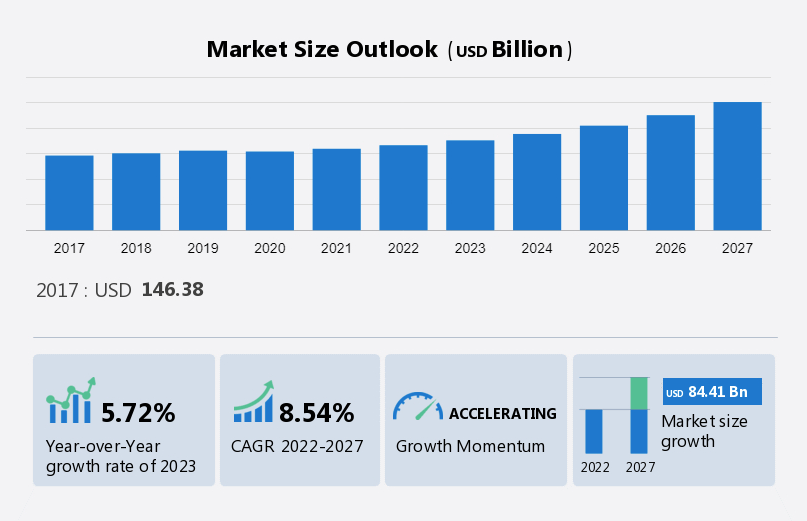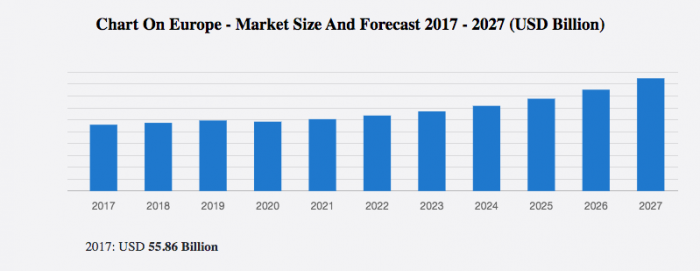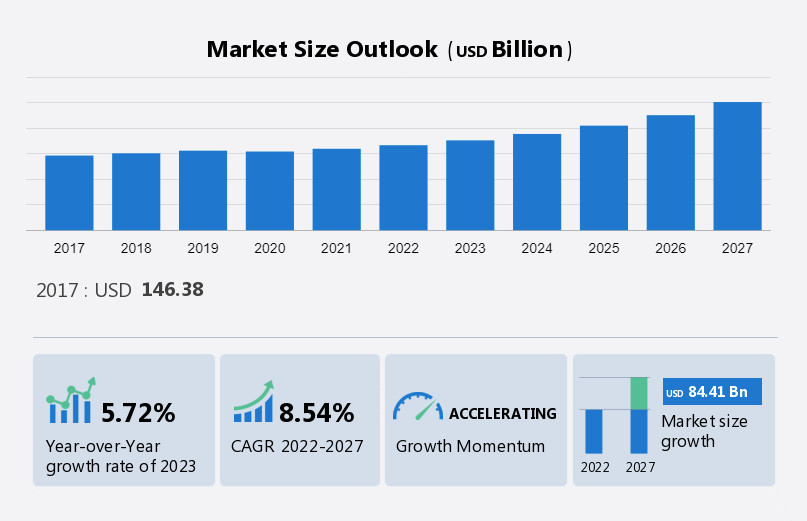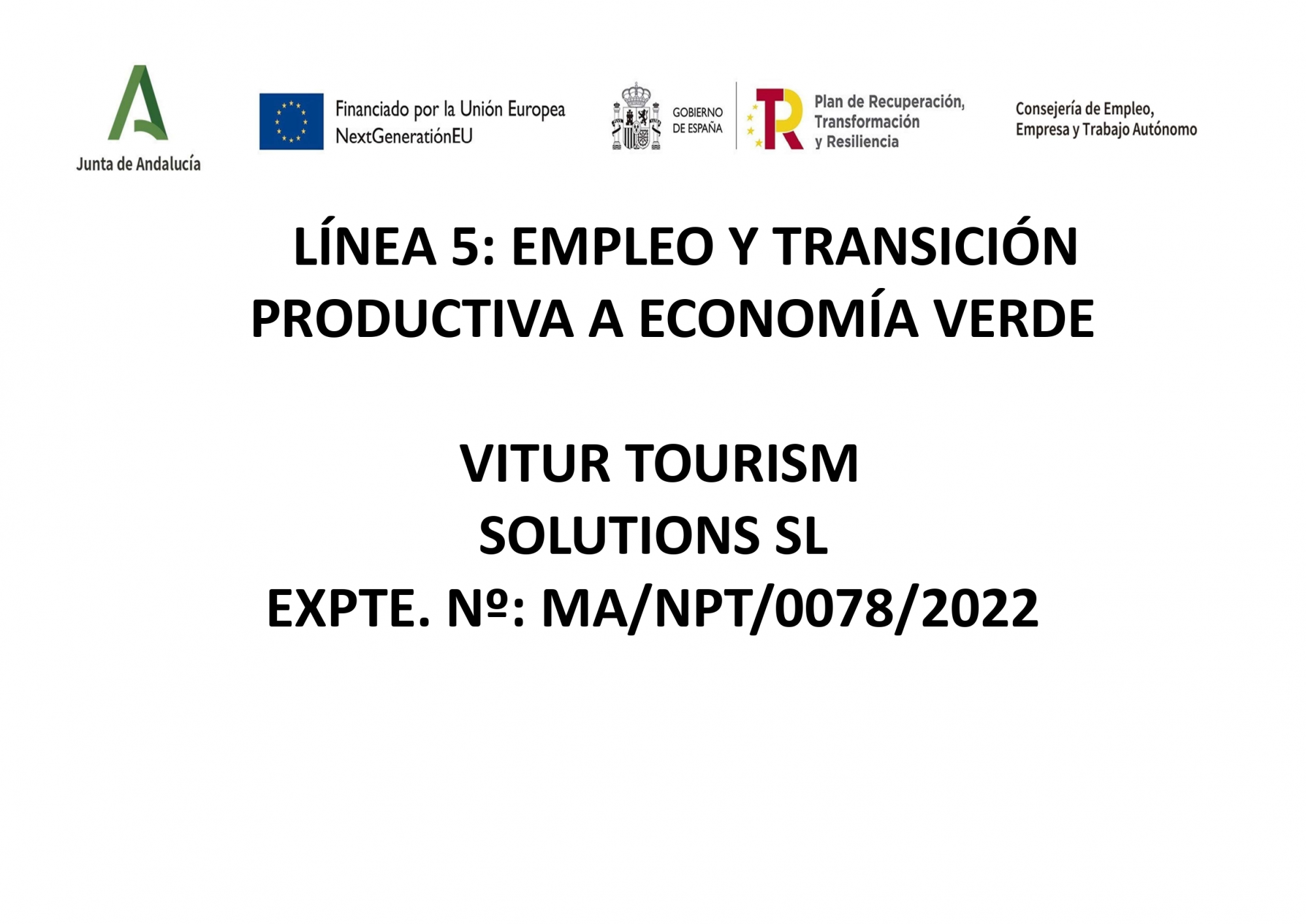Market reseach: The most important data from STR in 2022 and how the sector will be moving forward
16/12/2022
VITUR key takeaways:
- The STR market is experiencing consistent growth, and it is expected to skyrocket in the next years reaching a 8.54% of CAGR by 2027.
- Upcoming government regulations, especially in the EU, quality consistency and stability between demand and supply are the main challenges for the industry.
- Europe contributes significantly to the global vacation rental industry with its attention to detail and inclusion of high-profile investors, but is still behind of the US market.
As 2022 closes, reports and research on the state of the STR market start to emerge giving a consistent image of the conquered goals, as well as the challenges that still remain for the upcoming years.
One of the main points of analysis is market growth. Coming from the period of instability caused by the pandemic, and the recess it caused on the travel industry as a whole, we are now experiencing explosive growth on the demand of vacation rental services. This situation has both good and bad readings.
On one hand, the growth tendency of the industry is expected to keep increasing globally, reaching a 8.54% of CAGR by 2027. This expansion has caused by now a big increase in ADR’s, which has translated in a bigger impact of the STR businesses on the hospitality sector.

On the other hand, the explosive growth of the market also brings uncertainty, especially related to its supply capabilities. The high level of demand means that the companies and individuals present on the STR market also have to increase investments to maintain the equilibrium. At the moment the sector is especially sensitive to changes on demand as a sudden increase could price out customers from the market, and a sudden decrease could plummet ADR. This tension is also accentuated because of the comeback of hotels, which are increasing the consistency on quality and amenities, and may appeal as an interesting option for travellers.
The growth tendency has also caught the attention of governments all over the world. As the STR sector consolidates its place as a key player in the hospitality industry, more regulations start to emerge. Most of these are actually trying to mitigate the effect of vacation rentals on the housing market. This endangers the sector, as it could discourage new investors from entering the market, further destabilising the equilibrium between supply and demand mentioned earlier.

This is especially true for the European market. The EU is a key player and reportedly has a significative impact on the global vacation rental industry, taking into account its increase in customer awareness and the inclusion of high-profile investors in the market. However, its government is working at the moment on stringent regulations, which could affect how this market is going to develop moving forward.
All in all, even with countless objectives lying ahead, the STR industry keeps developing globally as one of the main actors of the accommodation industry.
You can find detailed information about all the themes of this article in the following reports:
Phocuswright: https://www.phocuswright.com/Travel-Research/Research-Updates/2022/regional-shifts-in-the-global-short-term-rental-market
Technavio: https://www.technavio.com/report/vacation-rental-market-industry-size-analysis
Vitur


 Information about cookies
Information about cookies

